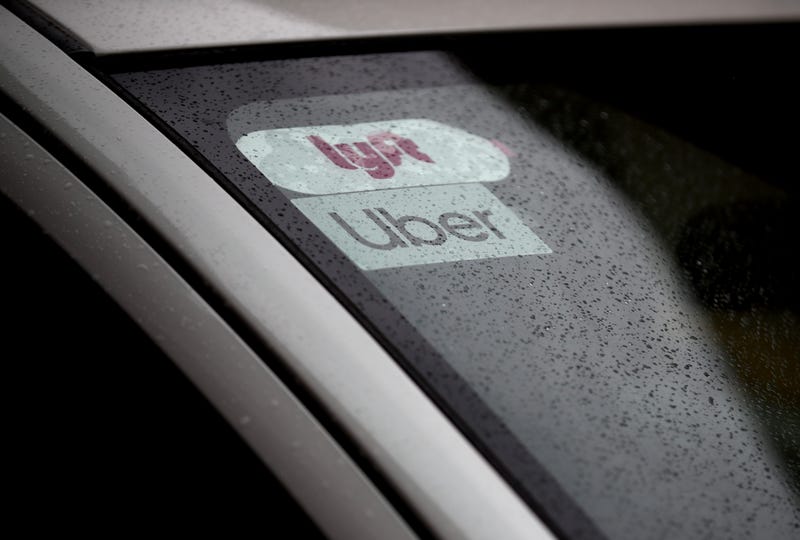
A California Superior Court judge ruled Friday, Proposition 22, which released rideshare companies from classifying workers as employees, is unconstitutional.
The voter initiative exempted rideshare drivers and food delivery workers from state labor laws, allowing them to remain independent contractors while requiring companies to provide them with a health care subsidy.
Despite the 2020 ballot measure garnering support from more than 58% of voters, the court said it violated the state's Constitution because "it limits the power of a future legislature to define app-based drivers as workers subject to workers' compensation law."
The court said because it cannot "sever" that section of the law without impacting the rest of the statute, "the entirety of Proposition 22 is unenforceable." Essentially, the law imposes on lawmakers' authority to create workplace regulations.
"If the Legislature, for example, passed a law requiring that an app-based driver must be an employee in order to pick up food from a restaurant, to pick up a passenger at the airport, or to drive on the public highways, it would take away from the rights guaranteed by Prop 22 even if it did not alter its language," said Alameda County Superior Court Judge Frank Roesch.
Opponents of the proposition said that gig workers should be considered employees to be eligible for enhanced protections and benefits.
The judge's ruling will likely face an appeal.
Rideshare and delivery companies spent an estimated $205 million to support the passage of Proposition 22. The SEIU labor group and several drivers sued California over the proposition in January, leading to this ruling.


